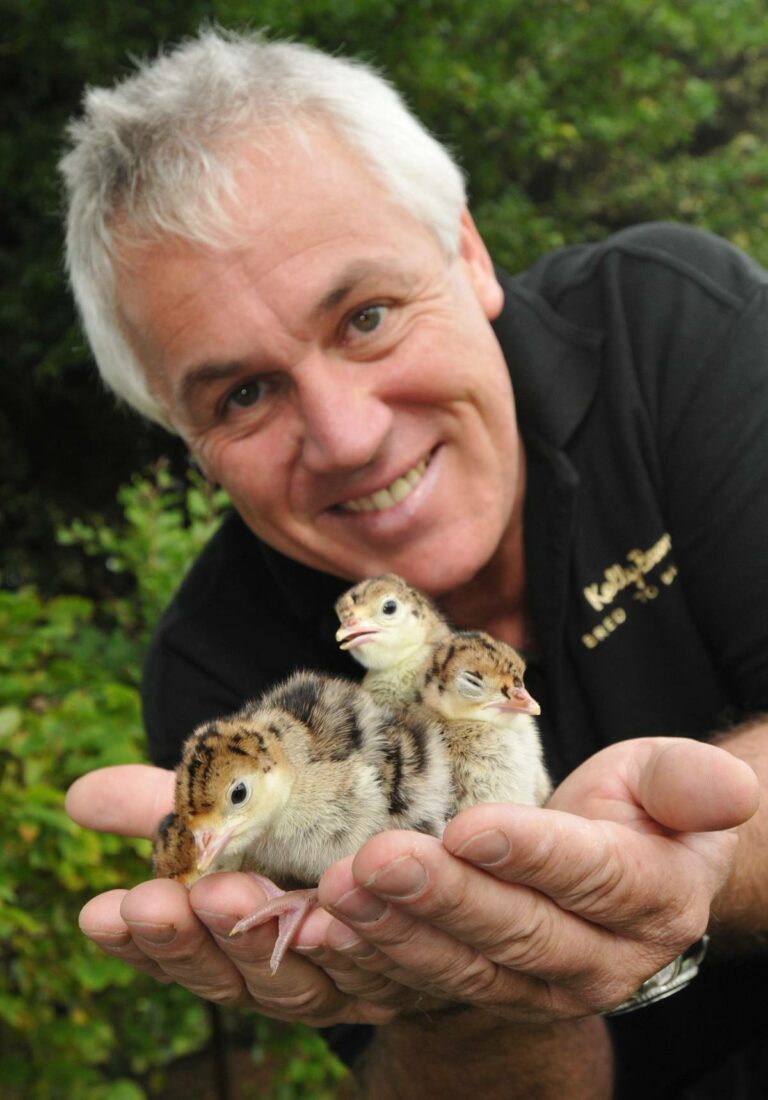Turkey producer Paul Kelly has called for the introduction of vaccination against avian influenza as the only ‘credible’ way forward to ensure the future of seasonal Christmas poultry.
This year’s outbreak has led to the loss of over 500,000 free range turkeys through infection or culling. Kelly said many farmers who supply this market will be reluctant to risk losing a flock next year and incurring huge financial losses.
Kelly also has a hatchery supplying day-old turkey poults to more than one third of seasonal turkey farmers, said the current strategy was not working. “We have been battling AI for over 20 years and the policy of trying to stamp out the disease has not worked. Most countries are now discussing vaccination as the only credible way forward. We have lost the war.
“I liken the situation to the zero tolerance policy for covid in China. They are fighting a force of nature that most experts think they cannot win, and it seems their government has now at last realised that locking down the population to eliminate the disease does not work. We have the added disadvantage that we cannot lock down wild birds that are the primary source of infection.”
He said vaccination was now the best option. “We need to get vaccine approval fast tracked – just as we did with the covid vaccines,” said Kelly. “The vaccine programme need only be for highly susceptible poultry such as turkeys, ducks and geese, or used in geographical areas deemed as high risk.
“Secondly, monitoring these vaccinated flocks could be carried out by private veterinary practices to test and check that flocks are not carrying a field strain of the virus. The Animal and Plant Health Agency (APHA) would not therefore need any extra resource.”
Kelly also said it was important to introduce a proper financial compensation scheme: “Christmas poultry producers will have to make some big decision at the beginning of 2023. In the absence of being able to vaccinate and also a compensation scheme fit for purpose, will they risk growing turkeys in 2023?
“Many small independent producers have been wiped out and the larger companies that have had infected premises will have had big losses.”


